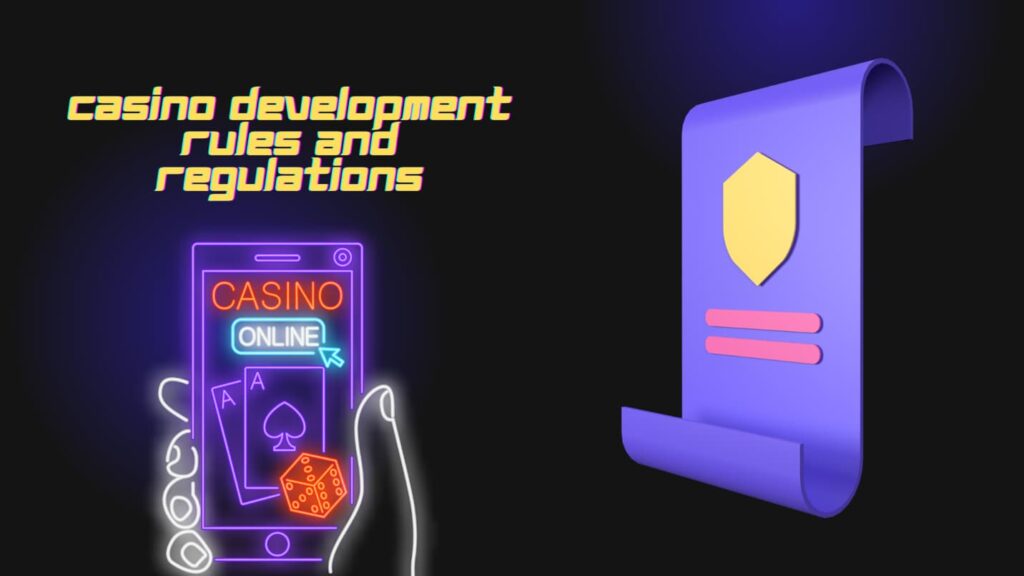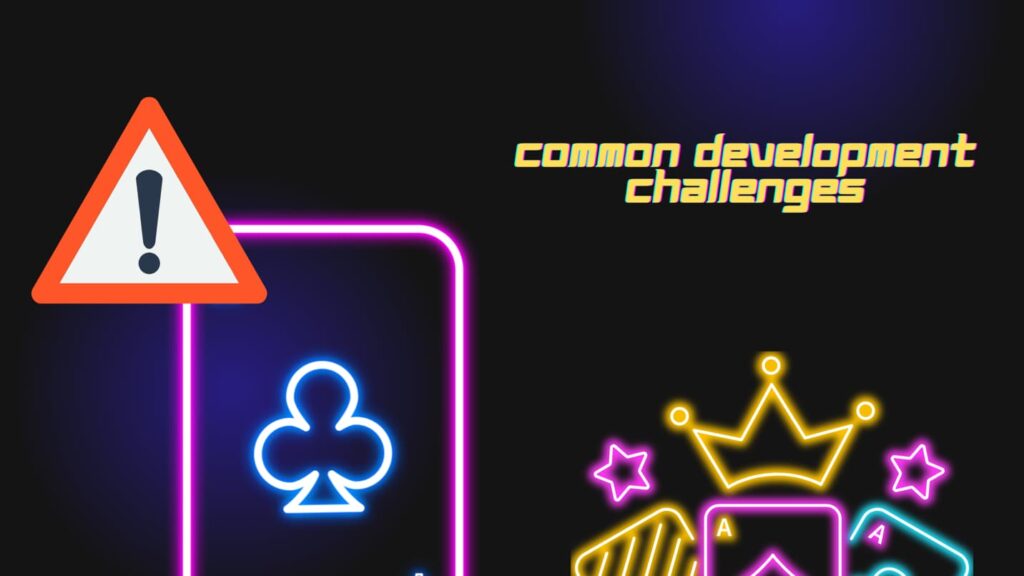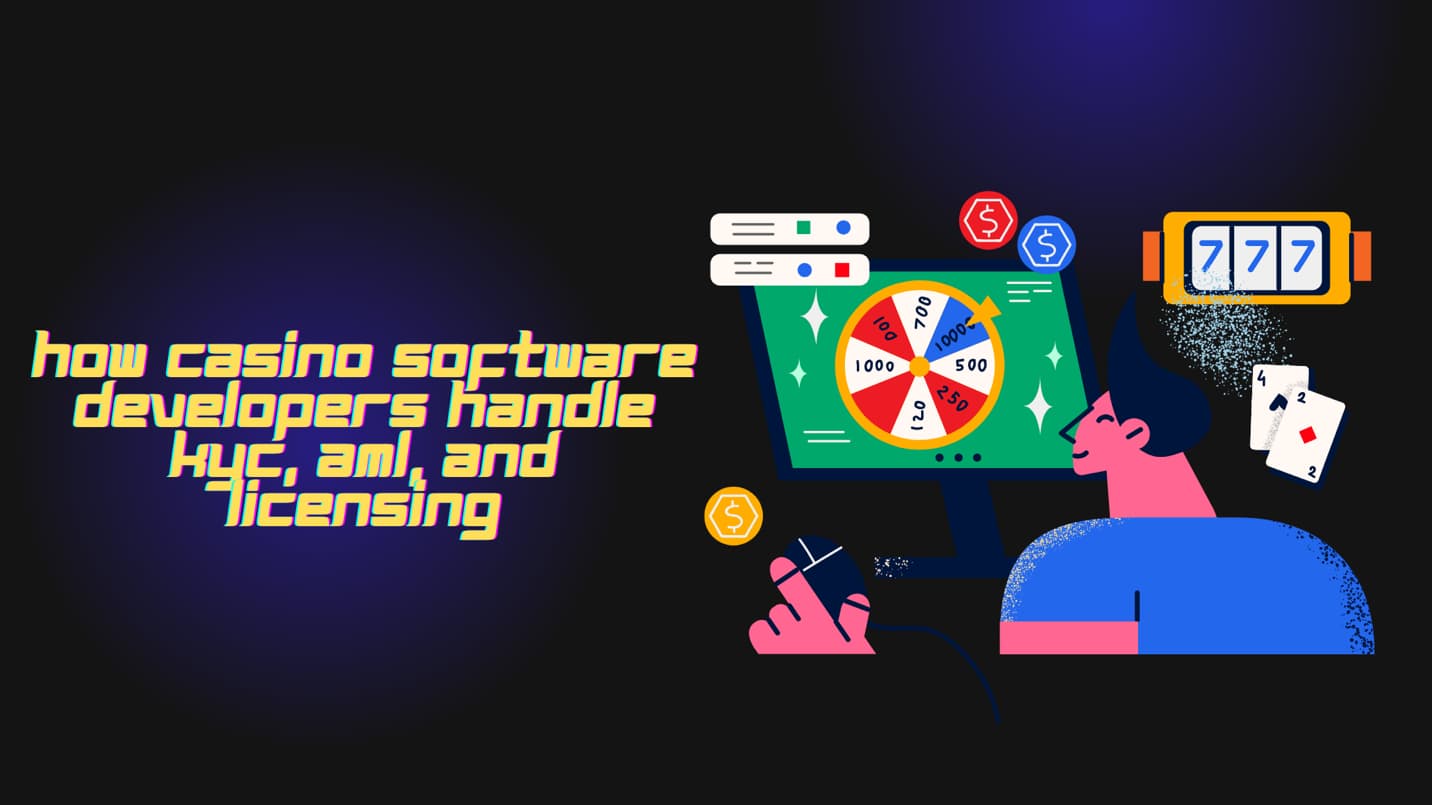Developers must follow complicated compliance rules in their code for every successful casino platform. KYC, AML, and licensing procedures support legitimate online gaming businesses. Developers who know how these parts work can make platforms that keep players and operators safe while still following strict rules.
Adding KYC systems to casino platforms
Know Your Customer verification prevents fraud and underage gambling. When players sign up and play, casino software developers use KYC to gather and check their information.
Most of today’s casinos use tiered verification. New players might need to give their name, birthdate, and address. When the amount of a deposit or withdrawal request goes up, the system automatically asks for proof of address or government-issued IDs.
Developers often connect third-party verification services that scan documents, check their validity, and compare data with official databases in real time to APIs. The most important thing is to make the process go smoothly. Club members at Play2u casino Malaysia who login to Play2u expect swift registration and play2u login access without prolonged verification processes, while the Play2u system continues performing comprehensive security checks behind the scenes.
AML Protocols in Gaming Software
Identity verification is just one way to stop money laundering. Developers need transaction monitoring systems to track player behavior and report suspicious behavior.
AML needs algorithms to keep track of how much money is being deposited, how often it is being withdrawn, how bets are being placed, and how money is moving. Smart systems don’t mark every transaction over a certain amount. They look for odd behavior, like sudden increases in spending or patterns in how the money is used.
Transaction monitoring systems need to work in real time and not slow down the game. The AML system needs to check a player’s bet or cash out winnings right away. But it also needs to let legitimate activity go on without any delays.
Checking against lists of Politically Exposed Persons and negative media sources is also part of what developers do. These checks happen automatically during registration and throughout the player activity on the platform.
Casino Development Rules and Regulations

The online gambling industry keeps growing. The projections show the market reaching $153 billion by 2030 with an annual growth rate of 11.9%. This growth gets the attention of regulators around the world. Developers of casino platforms need to make systems that check players’ identities and transactions and flag suspicious behavior without making things harder to use.
The rules vary by location, but the concepts remain the same. To stop crime, platforms need to check players’ identities, age, and money flows. These controls need to be added while keeping the loading times short and the user interfaces easy to use.
Technical Connectivity for Compliance Systems
Successful casino software needs robust, well-designed compliance systems. These systems must integrate seamlessly with the gaming platform. For efficient verification and monitoring, developers connect specialized microservices to the main application using reliable APIs.
This modern architecture is key. It lets compliance systems handle heavy verification requests and complex transaction analysis. Crucially, this happens without slowing down the core gaming experience. Players enjoy a smooth, uninterrupted flow.
The process starts immediately at player registration. The system triggers verification at once for new users. This proactive approach significantly reduces frustrating delays and gets players into the action faster.
Smart database design is also fundamental for compliance. Developers must structure data for quick and easy access. They need to instantly query player profiles and transaction histories. This supports both real-time decisions and long-term regulatory requirements.
Every single action must be meticulously logged. All verifications, approvals, and financial transactions require a timestamped record. Maintaining these detailed, date-stamped audit trails is not optional. They are essential for proving compliance during official regulatory reviews and must be kept securely for years.
Multi-Jurisdictional Licensing Management
Casino software developers must consider local regulations. A platform operating in Malaysia faces different compliance requirements than one serving players in Canada at venues like PURE Casino Lethbridge Canada at lethbridgecasino.org. The technical architecture must handle these differences without market-specific codebases.
Smart developers make compliance modules that can be set up in different ways for different situations. Verification and monitoring work the same way, but local laws change what documents are needed and how to report.
Malta and Gibraltar regulate gaming platforms. GDPR requires stricter data protection in European markets. Developers of multi-market software often use high-standard compliance frameworks. This makes sure that the software can work in different places.
Common Development Challenges

Casino platform developers encounter technical issues when adding compliance features.
- Document verification systems must handle thousands of ID types from hundreds of countries with different security features.
- While remaining accurate, OCR technology must learn to read various documents.
- Monitoring transactions in real time requires fast algorithms that can handle all betting activity without slowing things down.
- To make sure that monitoring systems can grow with the platform, developers often use caching strategies and database optimization.
- Data safety is another big problem. Compliance systems gather private information that needs to be encrypted both when it is stored and when it is being sent. Access to this information is tightly controlled and logged.
- Developers need to put in place strong security measures. Also, they need to make sure that compliance teams can easily get the information they need for investigations.
Working with Compliance Service Providers
Most developers don’t build their own compliance and monitoring systems from scratch when they make a casino platform. They go to specialized companies that make APIs and SDKs that are ready to use. These tools do the hard work. They check identities and keep an eye on transactions for anything suspicious.
Using these services gives you access to identity databases and advanced document checks from around the world. These checks would be too expensive to build yourself. Integration is usually simple. All you have to do is connect the provider’s API to the unique workflow of your platform.
Picking the right compliance partner can speed up your development timeline by a lot and keep you safe from fraud and legal problems. When choosing a provider, consider their coverage, verification speed, and compatibility with your technology.
Creating Compliant and Competitive Casino Platforms
Casino software developers must balance strict rules and user experiences. Platforms with effective monitoring systems and adaptable compliance systems can function in many places and deliver smooth gameplay.
Developers who know the rules from the start of a project can design systems that see compliance as a benefit instead of a problem. This method makes platforms that keep operators safe from legal problems while also gaining players’ trust. Players are increasingly concerned about safety and responsible gambling.
The future belongs to casino platforms that make compliance a part of every step of the user journey. This way legitimate players don’t have to worry about it and fraudsters can’t get around it.
